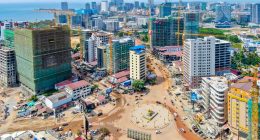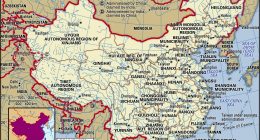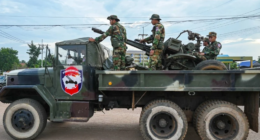Baidoa (PP News Desk) — Since 2012 Hudur, the administrative capital of Bakool in Somalia, has been under siege from Al-Shabaab.
The continued isolation of a major South West State district riles locals, who took to the streets three days ago.
Action Against Hunger told BBC Somali Service that “a humanitarian disaster is unfolding in Hudur”.
“For five months no lorries carrying food rations and other essentials have arrived in Hudur. The result has been inflation. A 50 kg sack of sugar costs 80 dollars. A 20 litre jerrycan of patrol changes hands for 50 dollars” said a trader.

A female trader told BBC Somali Service that people who were well off “are now finding it hard to eke out a living whereas some less well-off people lack the means to support their families”.
The situation affects labourers in the city whose unemployment results from declining economic activities in Hudur.
“Al-shabaab bombed nine lorries carrying commodities for Hudur. Both the Federal Government troops and Ethiopian forces receive supplies through air transport” a Hudur resident told the BBC.
Mustafa Ahmed Mohammed, the South West Health Ministry Coordinator in Hudur acknowledged the impact the siege has had on the city and its population.
“Some programmes such as cash support for families have been discontinued. Hudur needs the assistance of the Federal Government of Somalia to end the siege” he said.
Although Al-shabaab had lost control of main districts in Bakool, its fighters control roads to Hudur.

Eager to point out divergent peacekeeping approaches of AMISOM, one demonstrator urged the Federal Government to take the plight of Hudur people seriously.
“There are two Ethiopian and Djibouti forces in Hiiraan. Why has Hudur been left in the lurch? ” the demonstrator said.
The impending humanitarian disaster in Hudur reminds many people of the 1992, manmade famine, when warlords denied relief agencies access to the Bay and Bakool regions.
A humanitarian intervention led by the United States then opened supply routes for relief agencies in December 1992.
Complacency could lead to the repeat of a tragic history in that part of Somalia.
This article first appeared in the © Puntland Post, 2021 and is republished with permission










Comments are closed.